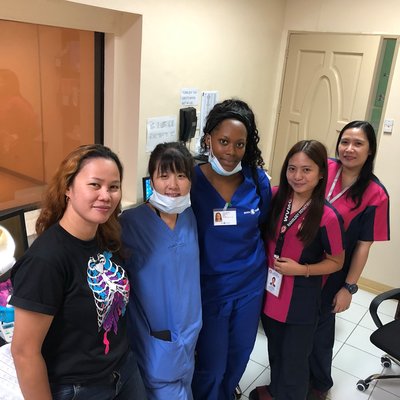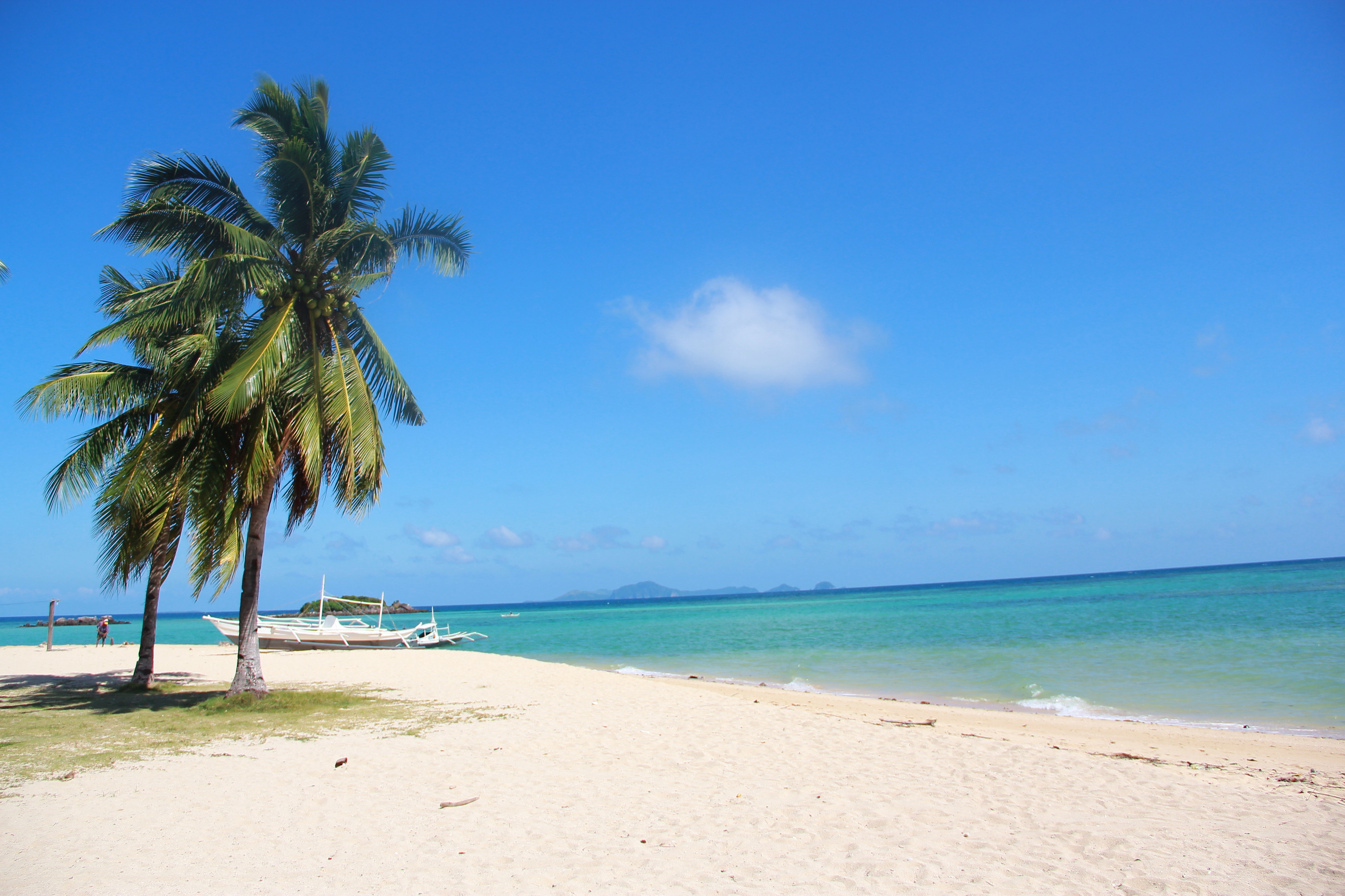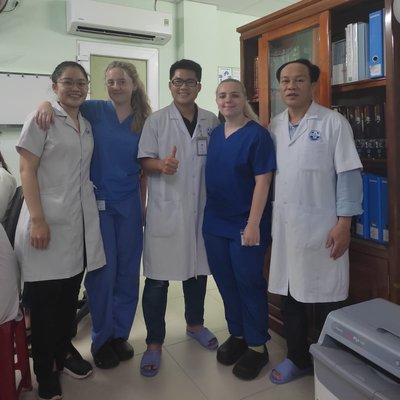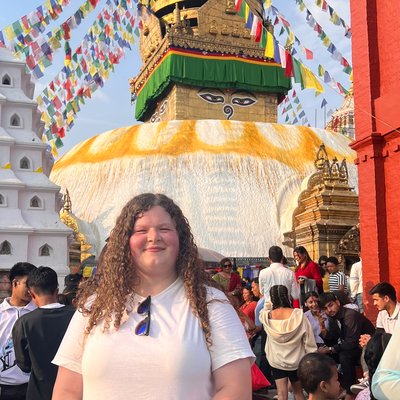University of Hertfordshire 2019
 As part of my university course, we are required to complete an elective placement. Originally my plan was to do an elective placement in another hospital in London, but I also thought it would be a good idea to go abroad as you don’t always have such an opportunity.
As part of my university course, we are required to complete an elective placement. Originally my plan was to do an elective placement in another hospital in London, but I also thought it would be a good idea to go abroad as you don’t always have such an opportunity.
When going through the Work the World website and looking at all the destinations, Iloilo was the place that stuck out to me the most – it looked like a beautiful country. I’d not been to The Philippines before and thought it would be interesting to see how practices differed.
Upon arriving at the hospital, I was surprised at its size as I originally thought that the hospital would be smaller. There were many different departments and during my time with Work the World, all the students that were completing their elective placement were placed within the same hospital.
There were clear differences between the hospital in Iloilo and hospitals back in England. In Iloilo, there was a lot going on at the same time and it was challenging to keep track at times.
Whilst on placement, by communicating with the patients and staff I was able to develop my communication skills further. Although English is taught in schools, not everyone knows how to speak it fluently, so to learn a few words in their native language really helped.

Additionally, my ability to adapt to different situations was very useful. Not everything could be done how it is usually done back home, especially due to the old equipment, so most of the time techniques needed to be adapted.
At the time of my placement, dengue fever was at its highest and there were many patients within the hospital that were infected.
Upon doing the ultrasound it was evident that there was thickening of the gallbladder wall and pleural effusion.
On my rotation in ultrasound, a patient that had dengue fever came in on a trolley. The patient was attached to a massive oxygen tube and a drip. Upon doing the ultrasound it was evident that there was thickening of the gallbladder wall and pleural effusion. As dengue fever is not an issue in England, I’d not previously seen how patients present and how their complications would appear on a scan, so this was interesting to see.
 The whole approach to radiography was very different in Iloilo compared to England.
The whole approach to radiography was very different in Iloilo compared to England.
In England, radiographers are given a form stating the clinical indications for a patient requiring an x-ray and based on this information they will determine whether an examination is justified. Before bringing in a patient, the room is cleaned and set up, and the patient’s previous x-rays will have been checked.
In Iloilo however, the patient gives their form to someone who checks it to see the reason for the x-ray and then gives the patient a slip with their name. Once the patient has been called through, the radiographer completes the x-ray.
Additionally, the radiographers in Iloilo often did not collimate because they insisted that it helped the procedure to be completed faster. They also did not introduce themselves to the patient and proper hand hygiene techniques were not always used.
They also processed the film in a dark room which was a good experience as this is no longer done in England.
 Patients were required to pay for their healthcare even though it was a public hospital. Although, some patients were able to get a reduced price based on their income.
Patients were required to pay for their healthcare even though it was a public hospital. Although, some patients were able to get a reduced price based on their income.
The differences in healthcare made me appreciate the NHS, and what they offer, more – especially the standards that are set and implemented.
Local staff taught me about their exposure techniques and why they use a higher kVp. They do this because it allows for more penetration of the radiation which reduces the amount of absorbed dose to the patient. They also taught me a particular view to see the apices of the chest which is something that is not done on a regular basis.
In the evenings, I would explore the local area with others from the Work the World house. We would often go out to eat and try the local street food, go for massages or to the mall.
 On the weekends, people often went away either to Tibiao or Boracay which was nice for a little adventure. I went to Tibiao where we went extreme river tubing, fishing, did an eco-adventure day tour and had a coffee scrub, which was a lovely experience.
On the weekends, people often went away either to Tibiao or Boracay which was nice for a little adventure. I went to Tibiao where we went extreme river tubing, fishing, did an eco-adventure day tour and had a coffee scrub, which was a lovely experience.
I would say that if you have the opportunity to do an overseas placement then you should definitely do it. It allows you to see different aspects of your profession from different countries, meet new people, learn new skills and it also sets you apart from other individuals during your career, especially in interviews.








